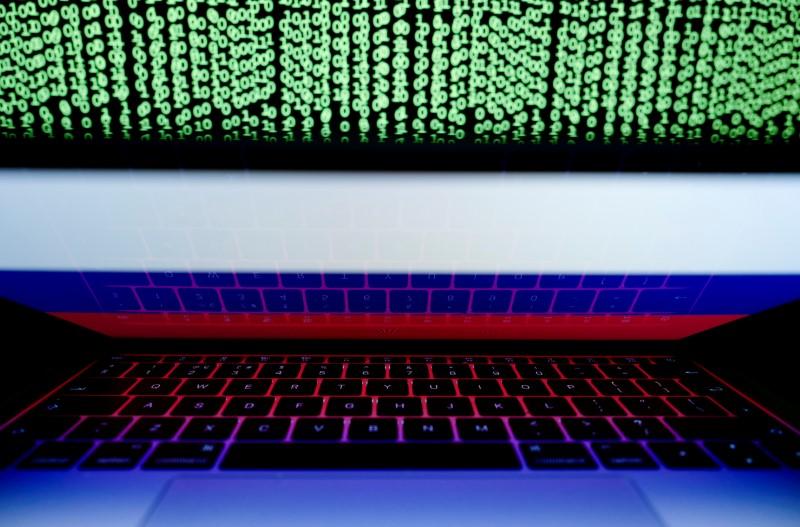The United States and the United Kingdom have sanctioned 11 individuals who are part of the Russia-based Trickbot and Conti cybercrime gangs, the U.S. Department of the Treasury said Thursday.
The sanctions mean that any U.S. and U.K. organizations that send a ransom payment to any of the designated people following a ransomware attack “may themselves be” sanctions, according to Treasury. Furthermore, any property or interests in property of any of the 11 people must be blocked and reported to the Treasury’s Office of Foreign Assets Control (OFAC).





